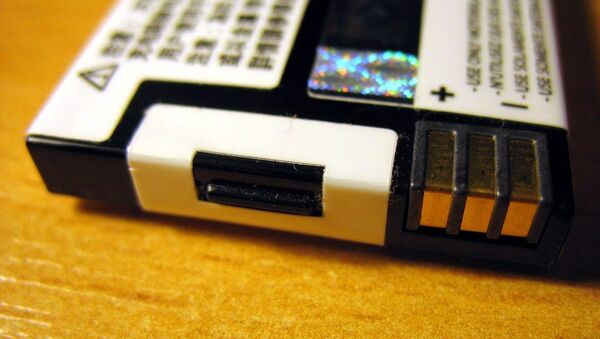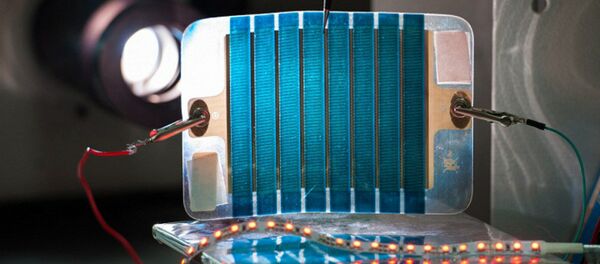"Magnesium metal has long been theorized as a much safer and more energy-dense alternative to current lithium battery technology," the release stated on Wednesday. "The problem has been how to extract power from the metal."
The release credited Toyota Principal Scientist and Chemical Engineer Rana Mohtadi with discovering a way to make a magnesium battery work.
Lithium is problematic because it tends to catch fire, to the dismay of some electric and hybrid car owners, or computer users, who have faced recalls amid reports of unwelcome combustion. Moreover, the beep of a low-battery warning has unnerved nearly every cell phone user.
Lithium is the lightest of all metals, so soft in its natural state that it can be sliced with a butter knife. Magnesium is much heavier and therefore able to store more electricity.
The release cautioned battery users not to get too excited about the discovery, as it could take 20 years of research and development for magnesium batteries to reach the consumer market.


